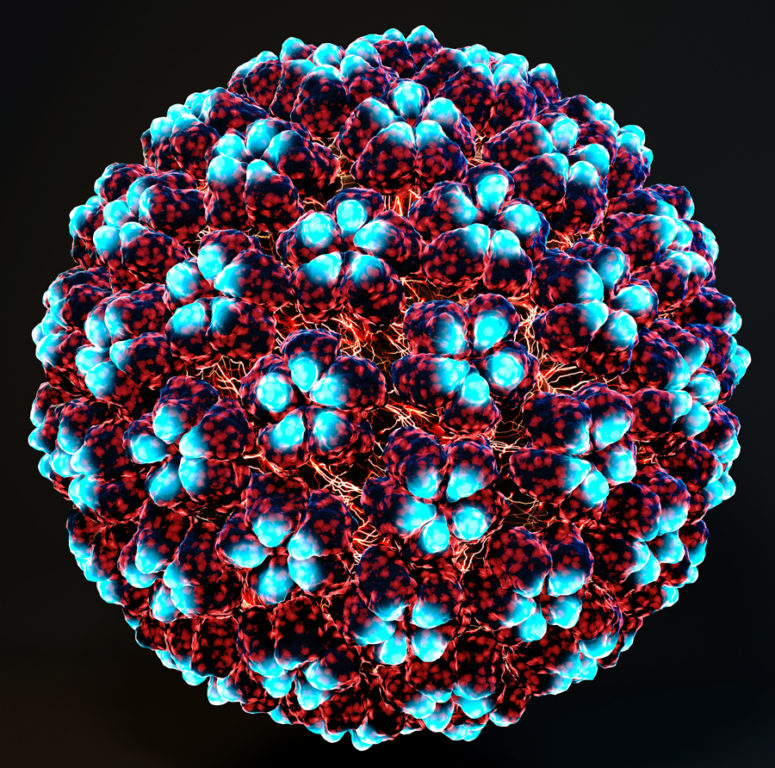One problem with the rotavirus vaccine—a preparation typically given by mouth to babies—is that it doesn’t work as well in low-income countries, where the majority of rotavirus deaths happen. There were hints from earlier studies that the composition of recipients’ microbiomes might be having an effect on vaccine effectiveness, which perhaps could explain why the rotavirus immunization isn’t consistent. In a study published today (August 8) in Cell Host & Microbe, researchers have confirmed that the microbiome does indeed play a role in vaccine responses. In the double-blind, placebo-controlled study, men who received antibiotics before getting a rotavirus vaccine dose had a more robust immune response than those who didn’t.
“It’s an elegant study and raises a number of really interesting questions that people can now start to explore further,” says Julie Bines, a pediatric gastroenterologist at the University of Melbourne in Australia who did not participate in the study. “The issue of why rotavirus vaccines don’t work as well in developing or low-income countries as in high-income countries has been perplexing. If we can address [this issue] then we can ensure that those children can be better protected when they receive a rotavirus vaccine.”
In 2017, Vanessa Harris, a physician and researcher at the University of Amsterdam in the Netherlands, and colleagues showed in two studies that the gut microbes of infants in both Pakistan and Ghana affected their responses to the rotavirus vaccine. “We saw that the bacterial microbiome was different in the responders and the nonresponders, so then that made us think that if you change the microbiome then maybe you can change the vaccine response,” Harris tells The Scientist…







